Evaluation of the project that aims to improve the health of the most vulnerable in Myanmar
Title Myanmar: Improving the health of the most vulnerable
Lcation Magway region – in Nimbu and Natauk townships – and Tanintharyi region – in Kawthaung township
Duration 2021/2022
Partners Progetto Continenti, MedAcross
Funding Intesa San Paolo
Background
Worldwide, more than a quarter of women who die during pregnancy from preventable causes live in South and South-East Asia. Although in the south-eastern countries significant progress have made in reducing maternal mortality and neonatal mortality, there are still major disparities in maternal and child care coverage rates and, in particular, poorer populations living in rural areas lag far behind in access to care.
In Myanmar, maternal mortality is still high, with 250 maternal deaths per 100,000 live births, and socio-economic factors play a primary role in determining strong inequalities in maternal and newborn health.
Following the recent coup d’état on 1 February 2021, the country is experiencing serious political instability. This situation has serious repercussions on the entire population, and specifically, there is a risk of worsening living conditions for the already fragile population groups living in rural regions.
General Objective
The project therefore aims to improve the health conditions of pregnant women living in rural areas, through the strengthening of maternal and child health services offered at local health centres, the holding of training sessions for health personnel, and the activation of additional obstetrical care and transport services for patients with at-risk pregnancies.
The Inclusive Development and M& E and Impact Evaluation Units were involved to carry out the monitoring and final evaluation of the project.
Our contribution
The monitoring and evaluation methodology is based on a mixed qualitative and quantitative methods approach, which allows for the examination of objective data on project activities together with the perceptions of the beneficiaries, partners and actors involved.
Concerning the monitoring, it focused on output and result indicators identified by ARCO in agreementtogether with Progetto Continenti and MedAcross within the project’s logical framework. In addition, through remote coordination meetings (approximately every three to four months) between ARCO and Progetto Continenti and MedAcross, the project’s progress, challenges and problems were discussed, and corrective strategies identified, especially following the difficulties that arose within the National Health Service after the February 2021 coup d’état.
The final evaluation, developed from the specific objectives and expected results identified by the project, is based on a mixed-methods approach that allows the perceptions of the beneficiaries, partners and project operators to be taken into account. The analysis of the achievement of output and result indicators, as proposed in the project’s Logical Framework, is carried out through the validation of monitoring data, combined with the desk analysis of project documents, and data collected by partners during the various activities carried out.
Among the specific tools for data collection, ARCO included short questionnaires and direct interviews with the various actors involved in the project. Some examples:
1) Questionnaire to pregnant women (approximately 100 women interviewed) who use the Ante-Natal Care (ANC) services offered by the project, designed by ARCO and validated by the local medical staff of Progetto Continenti and MedAcross, to investigate satisfaction with the services offered;
2) Self-administered questionnaire to local medical staff participating in the capacity-building activities to assess the effectiveness of the training received.
Read more on our Inclusive development Unit
Related Projects
-

Monitoring Information System for project WATDEV on water management and sustainable development in East Africa
-

Research on knowledge, attitude, social norms and practice on reproductive health rights and gender-based violence in Narok county, in Kenya
-

Evaluation of the project that promotes food security and climate resilience in Mozambique
-
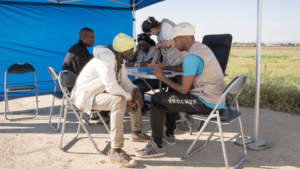
Evaluation of the project strengthening migrants’ right to health in Italy, Greece and Malta
-

Final evaluation of the project that strengthens olive farmers’ resilience in Southern Lebanon
-

Social impact assessment of the Rapporti Corti project for socio-educational inclusion in the Navile district of Bologna
-

Evaluation of the Naseej project to stop gender-based violence in Iraq, Yemen, and Palestine
-
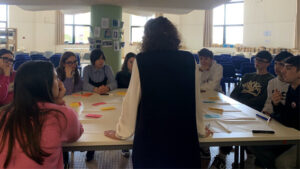
Evaluation of the project that promotes youth employment in Italy
-
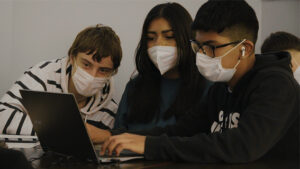
Final evaluation of the ‘5G Smart School’ project for innovative teaching in Italian schools
-
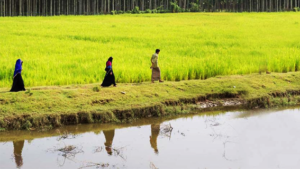
Evaluation of the project that fosters mainstreaming migration into international cooperation and development policies
-

Final evaluation of a project to contrast educational poverty in Albania
-
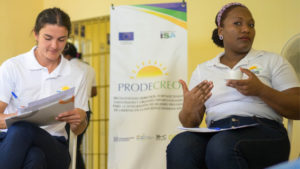
Evaluation of the project PRODECREO to promote the rights and socio-occupational reintegration of women deprived of their liberty in the Dominican Republic
-
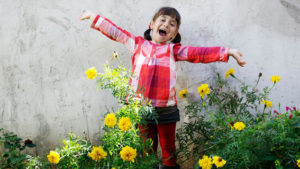
Final evaluation of the SOS Children’s Villages family strengthening project in Bosnia and Croatia
-

Evaluation of the project for the motor rehabilitation of oncological children in Turin
-
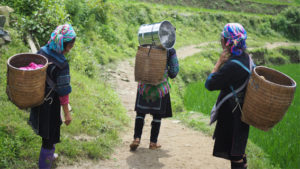
Evaluation of the project that aims to improve the health of the most vulnerable in Myanmar
-
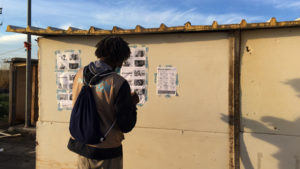
Final evaluation of the project that fosters proximity social-health services in the informal settlements of the Province of Foggia
-

Food Wave, Monitoring the project that promotes sustainable food consumption among young Europeans
-

Spazio Donna, evaluation of the projects to foster women empowerment and contrast gender-based violence
-

Evaluation of the projects “M’Interesso di Te” that tackle unaccompanied foreign minors’ integration
-
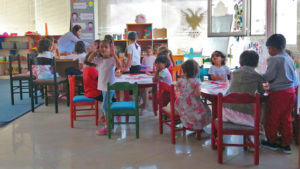
Evaluation of psycho-socio-sanitary interventions in response to the COVID-19 pandemic and the earthquake in Albania
-

Final evaluation of the Youth For Love project to raise young people’s awareness of gender-based violence
-
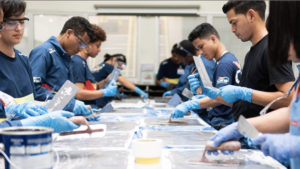
Multi-country mid-term evaluation of the YouthCan! programme, promoting the employability of vulnerable young people
-

Final evaluation of WEGO2 to support women economic empowerment contrasting intimate partner violence
-
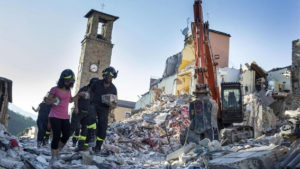
Action Research for the project Do.N.N.E against gender-based violence in Central Italy
-

Evaluation of the project “Mentors for Resilience” to contrast educational poverty
-
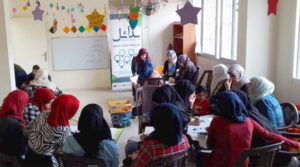
Outcome Harvesting of the project that aims to promote stability and social enterprise in Lebanon
-
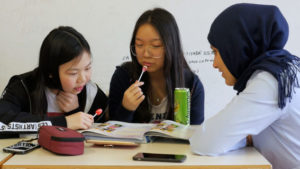
Annual evaluation and SROI of the programme “Nessuno Escluso” to contrast social exclusion and educational poverty in Tuscany
-
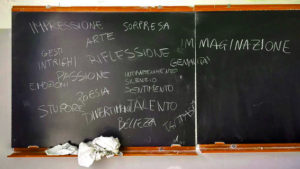
Evaluation of the project “Dreams and Needs” to contrast educational poverty in Italy
-
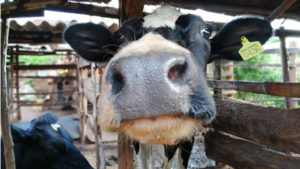
Mid-term evaluation of the project MilKy for the development of a sustainable dairy supply chain in Kenya
-

Final evaluation of Pe.R.Co.rrere: resilience of communities in Center Italy
-

Evaluation of the promotion campaign for Piave DOP cheese in Austria, Germany and Italy
-
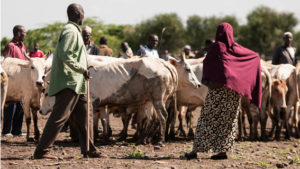
Mid-term & final evaluation of a project to strengthen resilience to climate shocks in Kenya
-
Evaluation of the promotion campaign for Italian specialities in Japan
-
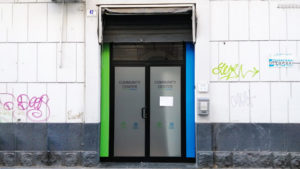
Community center, final evaluation of the social inclusion project
-
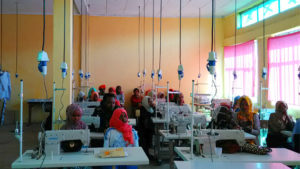
Mid-term evaluation of the project to contrast irregular migration in Ethiopia
-
Mid-term evaluation of the project for the conservation of Protected Areas in Albania
-

Social Impact Assessment of children’s protection programmes in Kyrgyzstan
-
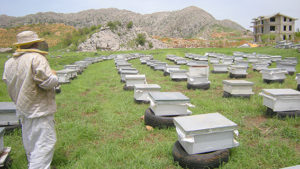
Monitoring&Evaluation of reintegration services for drug addicts and ex-addicts in Lebanon
-
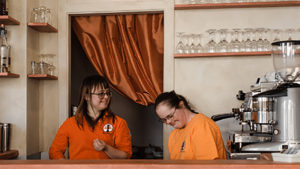
SROI Analysis, Albergo Etico social performance
-
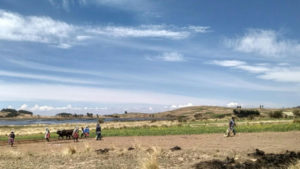
ECO.COM: strengthening local economic development in Bolivia
-

Improving the sustainability in the cherry supply chain in Bulgaria and Turkey
-
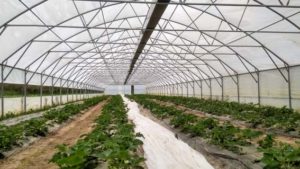
Evaluating sustainable agricultural supply chains in Bosnia Herzegovina and Albania
-
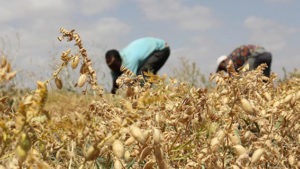
Impact evaluation of the creation of a durum wheat supply chain in Ethiopia
-
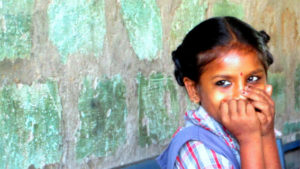
Impact evaluation of a Rehabilitation programme in India